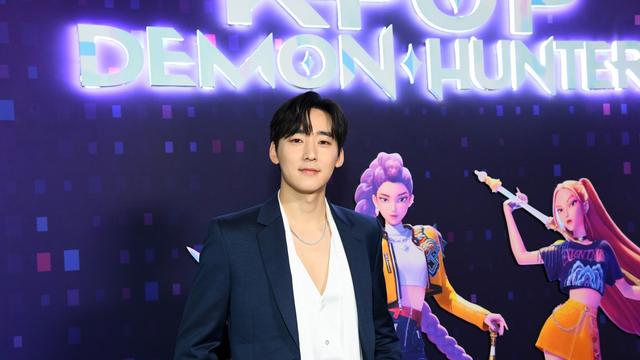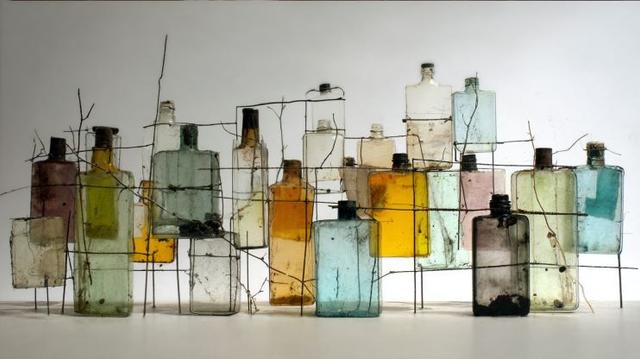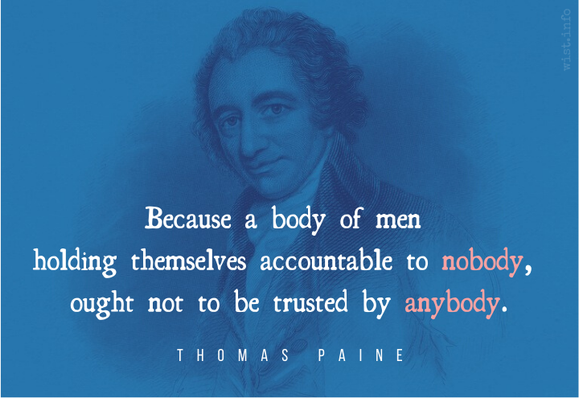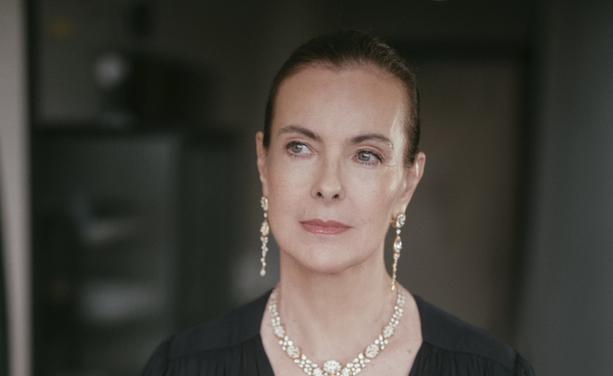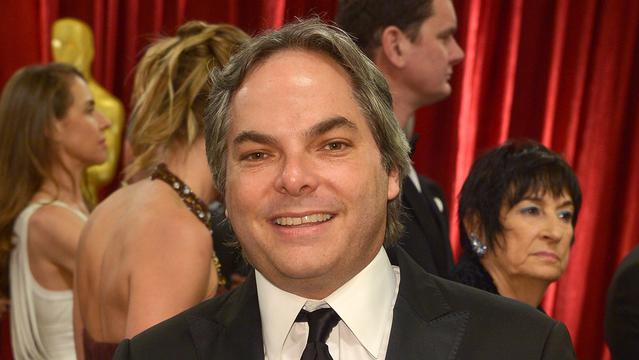‘KPop Demon Hunters’ Breakout Kevin Woo Signs With UTA
#Business #BusinessNews #Representation #UTA
How do we stop AI-generated ‘poverty porn’ fake images?
There is an important and necessary conversation happening right now about the use of generative artificial intelligence in global health and humanitarian communications.
Researchers like Arsenii Alenichev are correctly identifying a new wave of “poverty porn 2.0,” where artificial intelligence is used to generate stereotypical, racialized images of suffering—the very tropes many of us have worked for decades to banish.
The alarms are valid.
The images are harmful.
But I am deeply concerned that in our rush to condemn the new technology, we are misdiagnosing the cause.
The problem is not the tool.
The problem is the user.
Generative artificial intelligence is not the cause of poverty porn.
The root cause is the deep-seeded racism and colonial mindset that have defined the humanitarian aid and global health sectors since their inception.
This is not a new phenomenon.
It is a long-standing pattern.
In my private conversations with colleagues and researchers like Alenichev, I find we often agree on this point.
Yet, the public-facing writing and research seem to stop short, focusing on the technological symptom rather than the systemic illness.
It is vital we correct this focus before we implement the wrong solutions.
The old poison in a new bottle
Long before Midjourney, large organizations and their communications teams were propagating the worst kinds of caricatures.
I know this.
Many of us know this.
We remember the history of award-winning photographers being sent from the Global North to “find… miserable kids” and stage images to meet the needs of funders. Organizations have always been willing to manufacture narratives that “show… people on the receiving end of aid as victims”.
These working cultures — which demand images of suffering, which view Black and Brown bodies as instruments for fundraising, and which prioritize the “western gaze” — existed decades before artificial intelligence.
Artificial intelligence did not create this impulse.
It just made it cheaper, faster, and easier to execute.
It is an enabler, not an originator.
If an organization’s communications philosophy is rooted in colonial stereotypes, it will produce colonial stereotypes, whether it is using a 1000-dollar-a-day photographer or a 30-dollar-a-month software subscription.
The danger of a misdiagnosis
If we incorrectly identify artificial intelligence as the cause of this problem, our “solution” will be to ban the technology.
This would be a catastrophic mistake.
First, it is a superficial fix.
It allows the very organizations producing this content to performatively cleanse themselves by banning a tool, all while eluding the fundamental, painful work of challenging their own underlying racism and colonial impulses.
The problem will not be solved; it will simply revert to being expressed through traditional (and often staged) photography.
Second, it punishes the wrong people.
For local actors and other small organizations, generative artificial intelligence is not necessarily a tool for creating poverty porn.
It is a tactical advantage in a fight for survival.
Such organizations may lack the resources for a full communication team.
They are then “punished by algorithms” that demand a constant stream of visuals, burying stories of organizations that cannot provide them.
Furthermore, some organizations committed to dignity in representation are also using artificial intelligence to solve other deep ethical problems.
They use it to create dignified portraits for stories without having to navigate the complex and often extractive issues of child protection and consent.
They use it to avoid exploiting real people.
A blanket ban on artificial intelligence in our sector would disarm small, local organizations.
It would silence those of us trying to use the tool ethically, while allowing the large, wealthy organizations to continue their old, harmful practices unchanged.
The real work ahead
This is why I must insist we reframe the debate.
The question is not if we should use artificial intelligence.
The question is, and has always been, how we challenge the racist systems that demand these images in the first place.
My Algerian ancestors fought colonialism.
I cannot separate my work at The Geneva Learning Foundation from the struggle against racism and fighting for the right to tell our own stories.
That philosophy guides how I use any tool, whether it is a word processor or an image generator.
The tool is not the ethic.
We need to demand accountability from organizations like the World Health Organization, Plan International, and even the United Nations.
We must challenge the working cultures that green-light these campaigns.
We should also, as Arsenii rightly points out, support local photographers and artists.
But we must not let organizations off the hook by allowing them to blame a piece of software for their own lack of imagination and their deep, unaddressed colonial legacies.
Artificial intelligence is not the problem.
Our sector’s colonial mindset is.
References
- Alenichev, A., Kingori, P., Grietens, K.P., 2025. Reflections before the storm: the AI reproduction of biased imagery in global health visuals. The Lancet Global Health 11, e1496–e1498. https://doi.org/10.1016/S2214-109X(23)00329-7
- Aisha Down, 2025. AI-generated ‘poverty porn’ fake images being used by aid agencies. The Guardian.
- Gill, D., Levidow, L., 1987. Anti-racist science teaching.
Image: The Geneva Learning Foundation Collection © 2025
#ArseniiAlenichev #ArtificialIntelligence #decolonization #generativeAI #globalHealth #photography #povertyPorn #representation
YouTuber Sam Eckholm Signs With CAA (Exclusive)
#Business #BusinessNews #CAA #Representation
https://www.hollywoodreporter.com/business/business-news/youtuber-sam-eckholm-caa-1236406331/
Thomas Paine (1737-1809) American political philosopher and writer
Rights of Man (1791)
More info about this quote: wist.info/paine-thomas/40072/
#quote #quotes #quotation #qotd #thomaspaine #rightsofman #accountability #aristocracy #heredity #meme #representation #representativegovernment #responsibility #trust #tyranny
https://www.youtube.com/watch?v=RcVA8Nj6HEo
[1]https://www.youtube.com/playlist?list=PLi8_XqluS5xc7GL-bgVrxpA2Uww6nK0gV
#lambdacalculus #combinators #animation #representation #church #tromp #turing
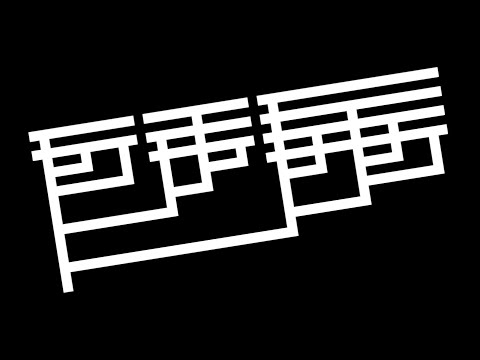
What is PLUS times PLUS?
#NoKings #BostonTeaParty #History #Revolution #Taxation #Representation #Fascism #Trump #alt
Heather Cox Richardson 10/16/25
TRUMP’S ILLEGAL USE OF FUNDS IS SAME AS FOUNDING PRINCIPLE THAT SPARKED THE AMERICAN REVOLUTION AND BOSTON TEA PARTY. NO TAXATION WITHOUT REPRESENTATION
(16 Oct) Paralympic swimmer Jess Smith, says representation means being seen as part of the AI world that’s being built.
Paralympic swimmer Jess Smith, says representation means being seen as part of the AI world that's being built.
https://www.bbc.com/news/articles/cj07ley3jnpo
Archive: ais: https://archive.md/wip/36d7t ia: https://s.faithcollapsing.com/u0724
Carole Bouquet victime d’un malaise en pleine représentation à la Scala de Paris
Ce mercredi 15 octobre 2025, la comédienne Carole Bouquet a été victime d’un malaise sur scène lors d’une représentation de Le Professeur à la Scala de Paris. Malgré cette frayeur, l’artiste de 68 ans a pu regagner la scène à la fin de la lecture, rassurant le public et les spectateurs présents.
Une scène dramatique en plein spectacle
Un malaise qui surprend le public
Alors qu’elle jouait Le Professeur, adaptation du livre d’Émilie Frèche retraçant les derniers jours de Samuel Paty, Carole Bouquet s’est effondrée environ quarante-cinq minutes après le début de la représentation. Les spectateurs ont d’abord cru à un effet de mise en scène, mais le rideau s’est rapidement abaissé, signalant la gravité de la situation. Le médecin présent dans la salle est immédiatement intervenu pour prendre en charge la comédienne.
Une réaction rapide de la metteuse en scène
Face à ce malaise, Muriel Mayette-Holtz, metteuse en scène de la pièce, est montée sur scène quelques minutes après l’incident pour informer le public. Elle a précisé que Carole Bouquet ne reprendrait pas la lecture et a proposé aux spectateurs de quitter la salle s’ils le souhaitaient, précisant que la sécurité et le bien-être de l’actrice étaient prioritaires. Malgré la situation, l’ensemble du public est resté en place, manifestant son soutien à la comédienne.
La fin de la représentation et le retour rassurant
Un salut attendu du public
Heureusement, à la fin de la lecture, Carole Bouquet est réapparue sur scène pour saluer les spectateurs, aux côtés de Muriel Mayette-Holtz. Bien qu’elle n’ait pas prononcé de mots, sa présence a suffi à apaiser les inquiétudes. Les applaudissements nourris et la standing ovation qui ont suivi témoignent de l’émotion et de la solidarité des spectateurs envers l’actrice.
La Scala se veut rassurante
La direction de la Scala a rapidement communiqué sur l’état de santé de Carole Bouquet, assurant que le malaise n’était que passager : « Carole va mieux. Un coup de mou, ça arrive. Elle devrait reprendre la pièce dès demain. » La pièce, qui se joue depuis le 9 octobre et se poursuivra jusqu’au 14 décembre, devrait donc pouvoir continuer normalement avec la comédienne.
Une pièce sensible et exigeante
Le contexte dramatique de Le Professeur
Le Professeur retrace les derniers jours de Samuel Paty, enseignant assassiné dans un collège français, un sujet particulièrement lourd et émotionnel. Jouer une telle œuvre demande non seulement une implication artistique intense mais aussi un engagement émotionnel important, ce qui peut expliquer en partie le malaise de la comédienne.
Un défi pour les acteurs sur scène
Pour Carole Bouquet, interpréter un rôle aussi exigeant représente un véritable défi. L’actrice, célèbre pour ses rôles au cinéma et au théâtre, a déjà démontré sa capacité à gérer des textes complexes et sensibles. Toutefois, la combinaison d’émotions fortes et de la fatigue physique liée aux représentations peut parfois conduire à des incidents comme celui survenu mercredi.
L’importance de la vigilance sur scène
Les spectateurs et l’intervention médicale
La rapidité d’intervention du médecin de permanence a été cruciale pour assurer la sécurité de l’actrice. La présence d’un personnel médical lors de chaque représentation d’une pièce sensible et exigeante souligne l’importance de la prévention dans le milieu théâtral.
Un public compréhensif et empathique
La réaction des spectateurs, qui ont choisi de rester malgré l’interruption, montre la solidarité du public envers les artistes. Cette empathie permet non seulement de soutenir l’actrice mais également de maintenir l’ambiance et la continuité du spectacle, essentielle pour la réussite de la représentation.
La Scala poursuit sa programmation
Des représentations prévues jusqu’en décembre
Malgré cet incident, la salle de spectacle assure que le calendrier des représentations reste inchangé. Les spectateurs peuvent donc continuer à assister aux lectures de Le Professeur jusqu’au 14 décembre, avec Carole Bouquet.
Un exemple de résilience artistique
Le retour de Carole Bouquet sur scène, malgré un malaise, illustre la résilience des artistes face aux imprévus. Son professionnalisme et son engagement pour le théâtre sont salués par le public et témoignent de la passion nécessaire pour interpréter des œuvres profondément émouvantes et socialement importantes.
#CaroleBouquet #LeProfesseur #malaise #pièceDramatique #représentation #ScalaParis #théâtreFrançais
‘Skibidi Toilet’ Studio Invisible Narratives Signs With CAA (Exclusive)
#Business #BusinessNews #CAA #Representation
https://www.hollywoodreporter.com/business/business-news/invisible-narratives-signs-caa-1236402253/
